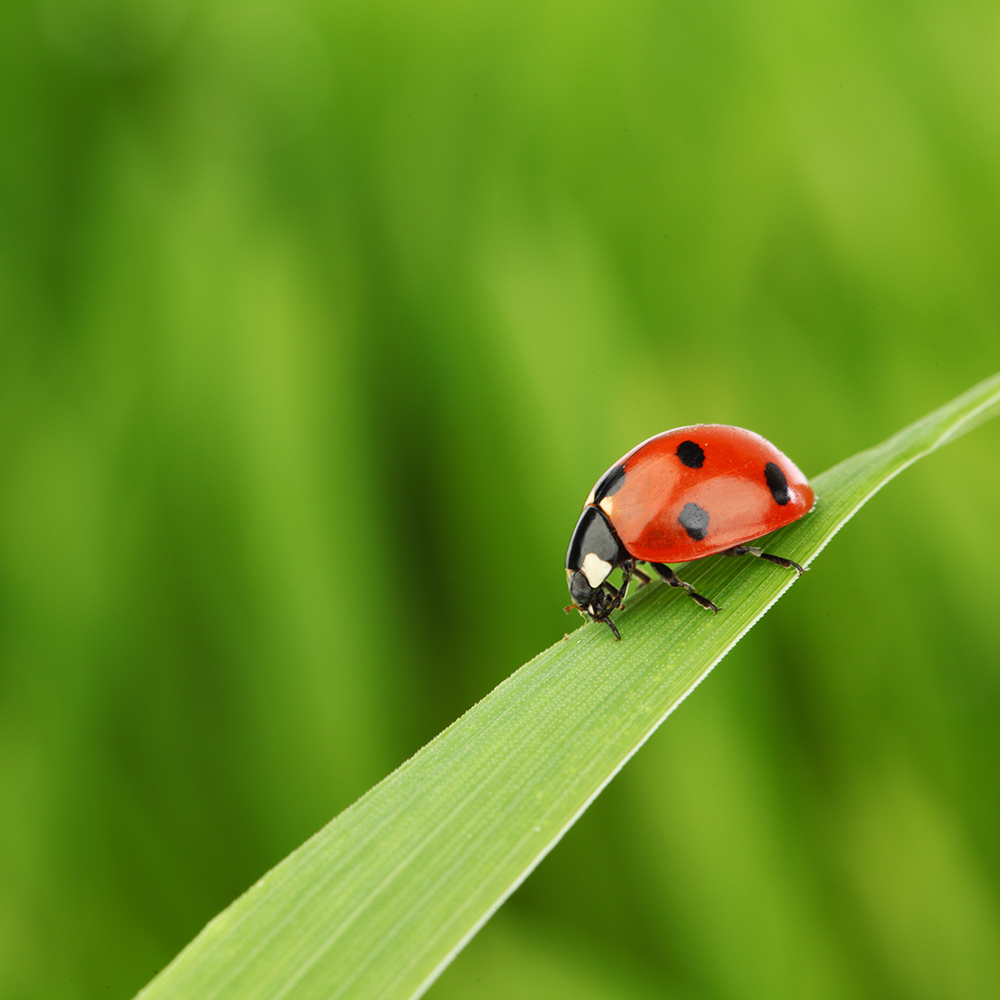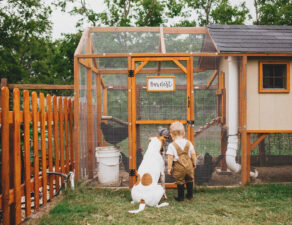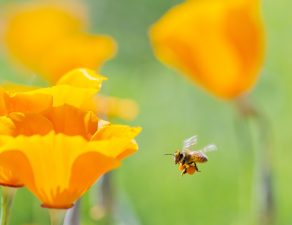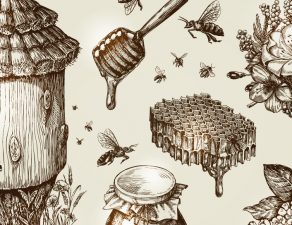
We all love nature, but there are some elements of nature that need to stay out of our gardens! Here are some ways to give Peter Rabbit the boot, without resorting to chemicals, poisons, or trapping.
Rabbits.
Rabbits are actually repelled by some plants, so including tomatoes, rhubarb, garlic, hot peppers, basil, mint, and catnip in your garden will work like a charm. Also try scaring them away with coyote urine, cayenne pepper, or toy snakes placed strategically around the garden. Just don’t forget the “snakes” are out there, or you might scare yourself away, too!
Moles.
Moles, or meadow mice, can damage plants and young trees by tunneling underneath them. They prefer burrowing under weeds and mulch, so keep the garden well weeded. Remove weeds in a four-foot diameter around saplings and keep ditch banks and the edges of your yard well mowed. Raised beds can be the better choice when moles are particularly ruthless.
Groundhogs.
Not only do groundhogs damage your lawn by digging deep tunnels; they also love to munch on your favorite flowers and vegetables. If you use a barrier such as fencing to keep them out, sink it at least twelve inches deep. Dig your beds two feet deep and cover with wire mesh before planting or use fine mesh around root balls when planting.
Snails and slugs.
Snails and slugs will gobble up vegetation and leave you endlessly frustrated. Fortunately, a saucer of beer makes an excellent trap. Or, try a ring of copper wire around the base of each plant. The slight electrical charge repels snails and slugs (remember to keep the wire off of your plant stems, though).
Birds.
Birds can pick berry bushes or dwarf fruit trees clean in a matter of hours! Fortunately, simple netting, secured at the bottom, will do the trick. Deterrents such as scarecrows, foil strips, and plastic owls also work well, but you must change them about once per month as birds grow accustomed to them.
Insects.
Identify your garden insects before making a plan to deal with them, because some are beneficial. For example, ladybugs eat around 75 aphids per day, but won’t bother your plants themselves. In fact, releasing ladybugs can actually help you control other insect populations! Other beneficial insects include green lacewings, pirate bugs, soldier bugs, and praying mantis. Research your particular garden pest and release the appropriate helper bug to control their population.
For many critters, including deer, skunks, opossums, and raccoons, fencing or other physical barriers can be your best deterrent. Give us a call if you would like to discuss landscaping measures to better secure your yard, and we can help you decide if a physical barrier would be a good option for you.








